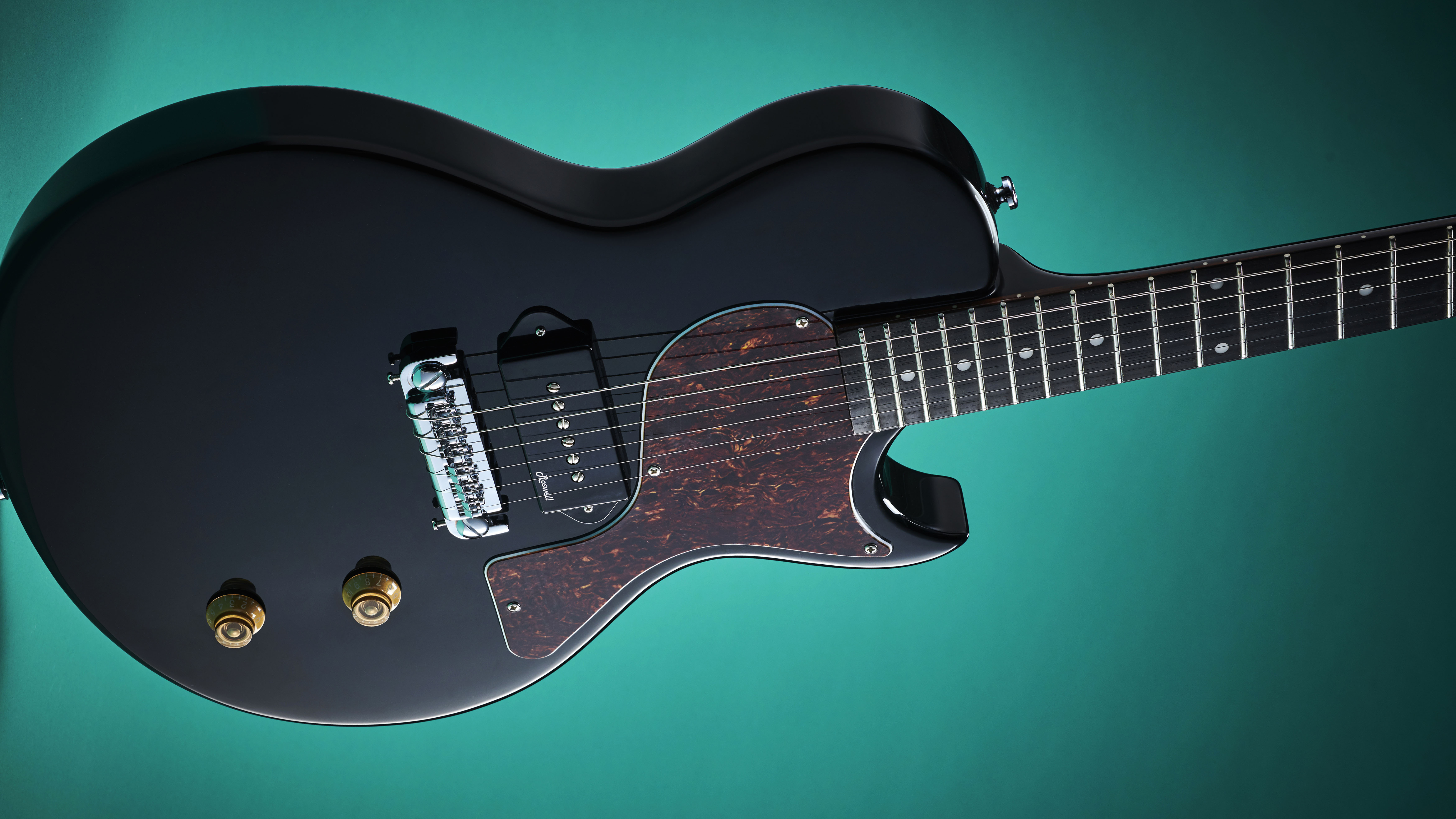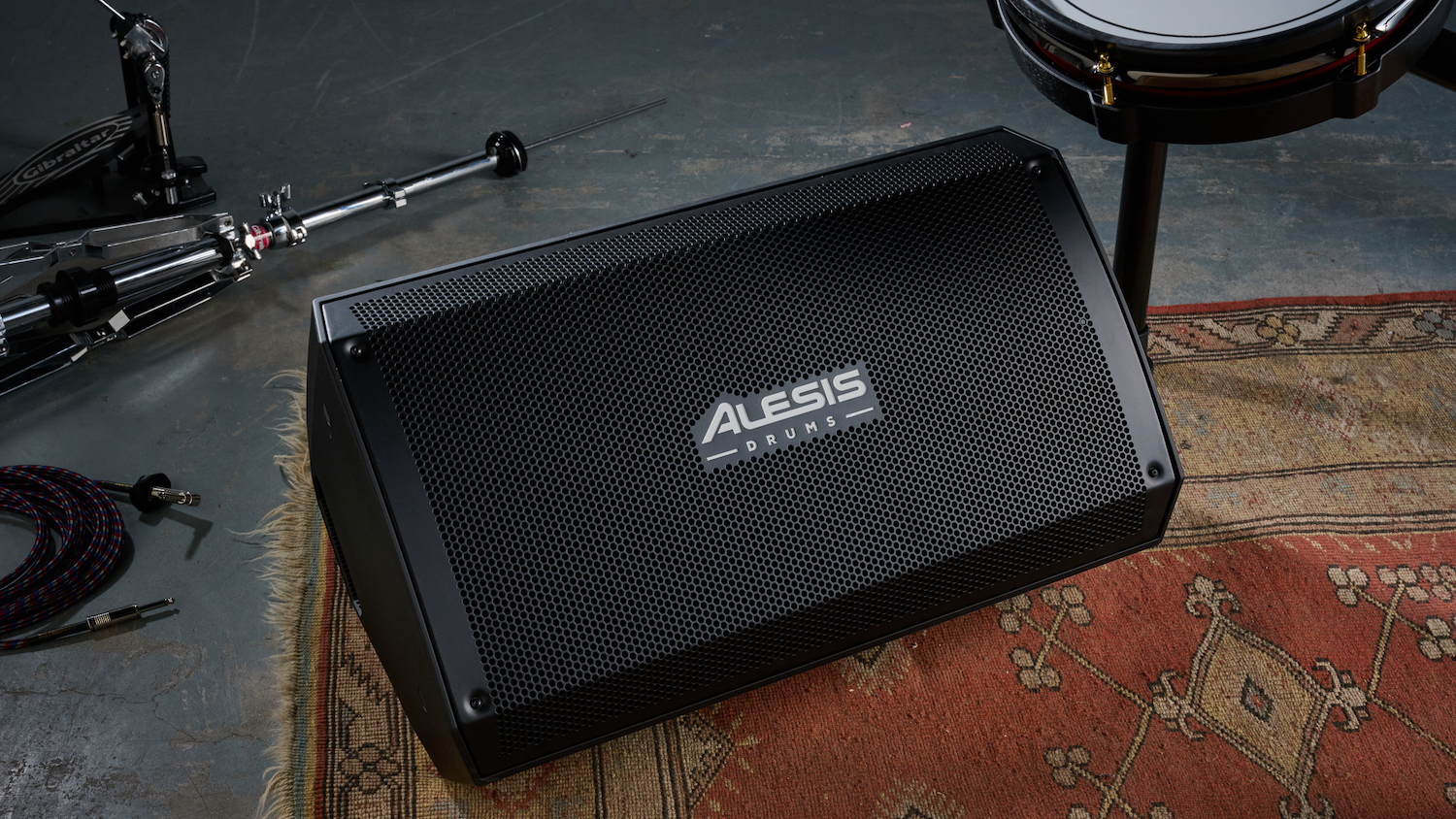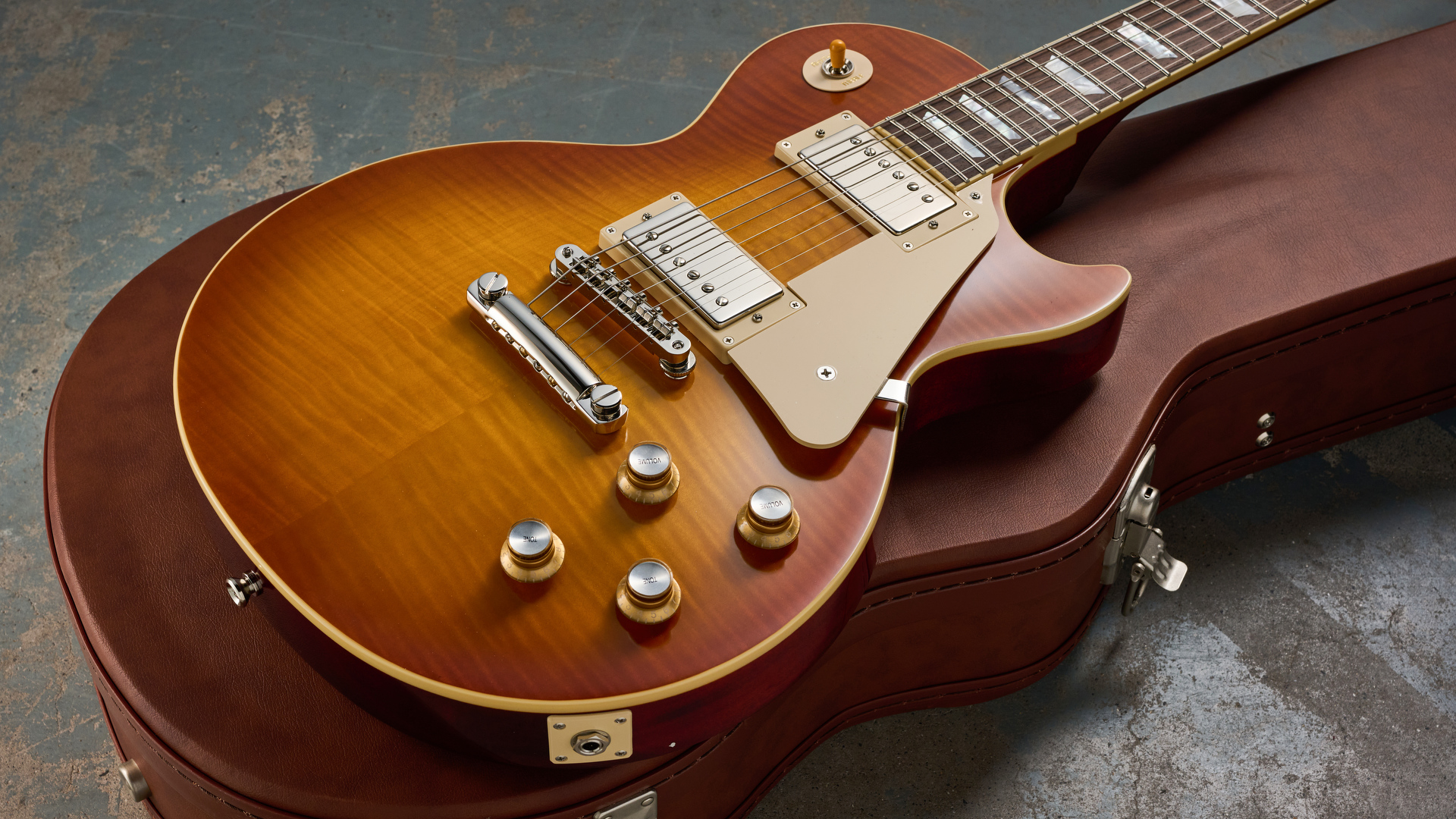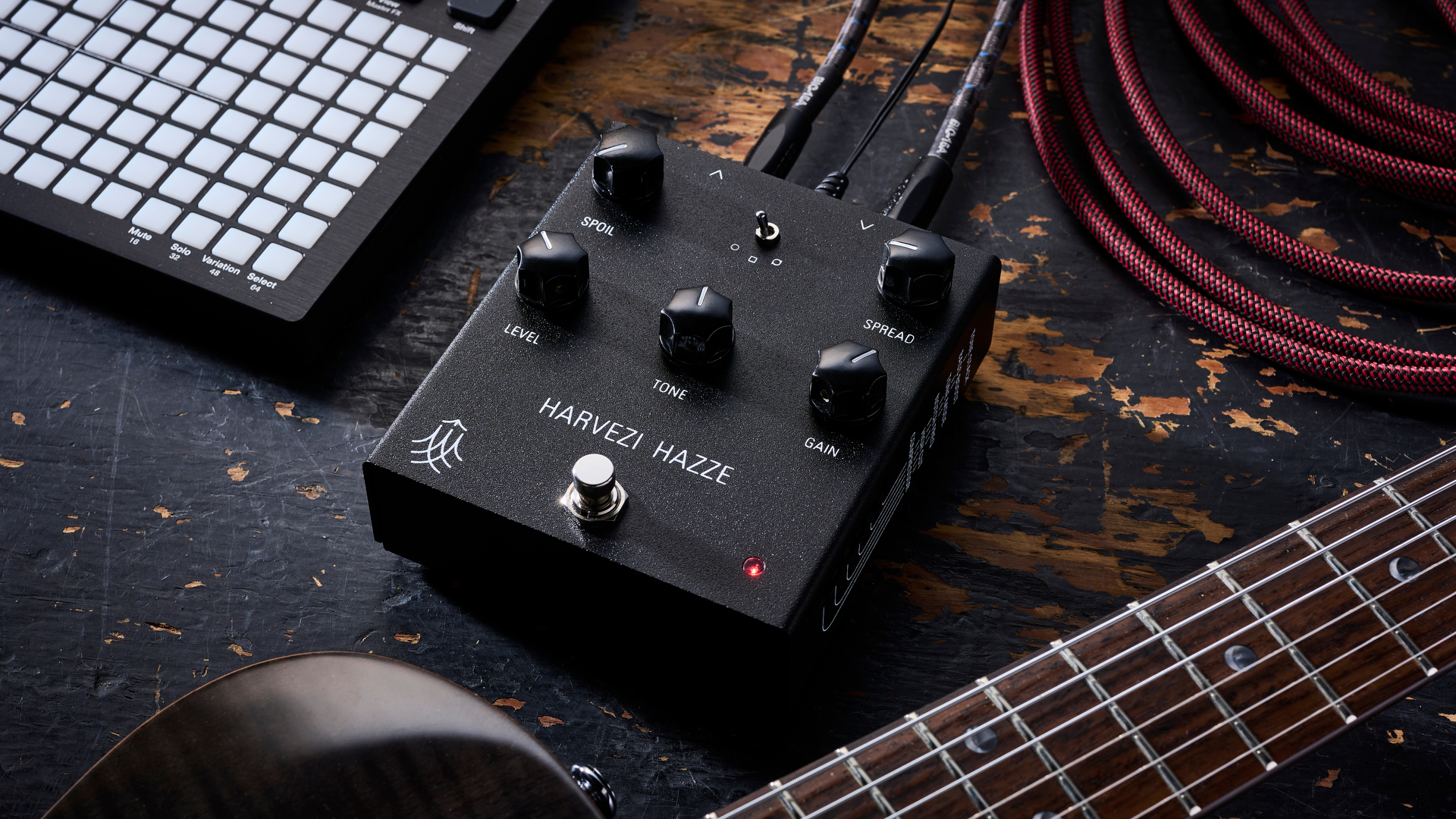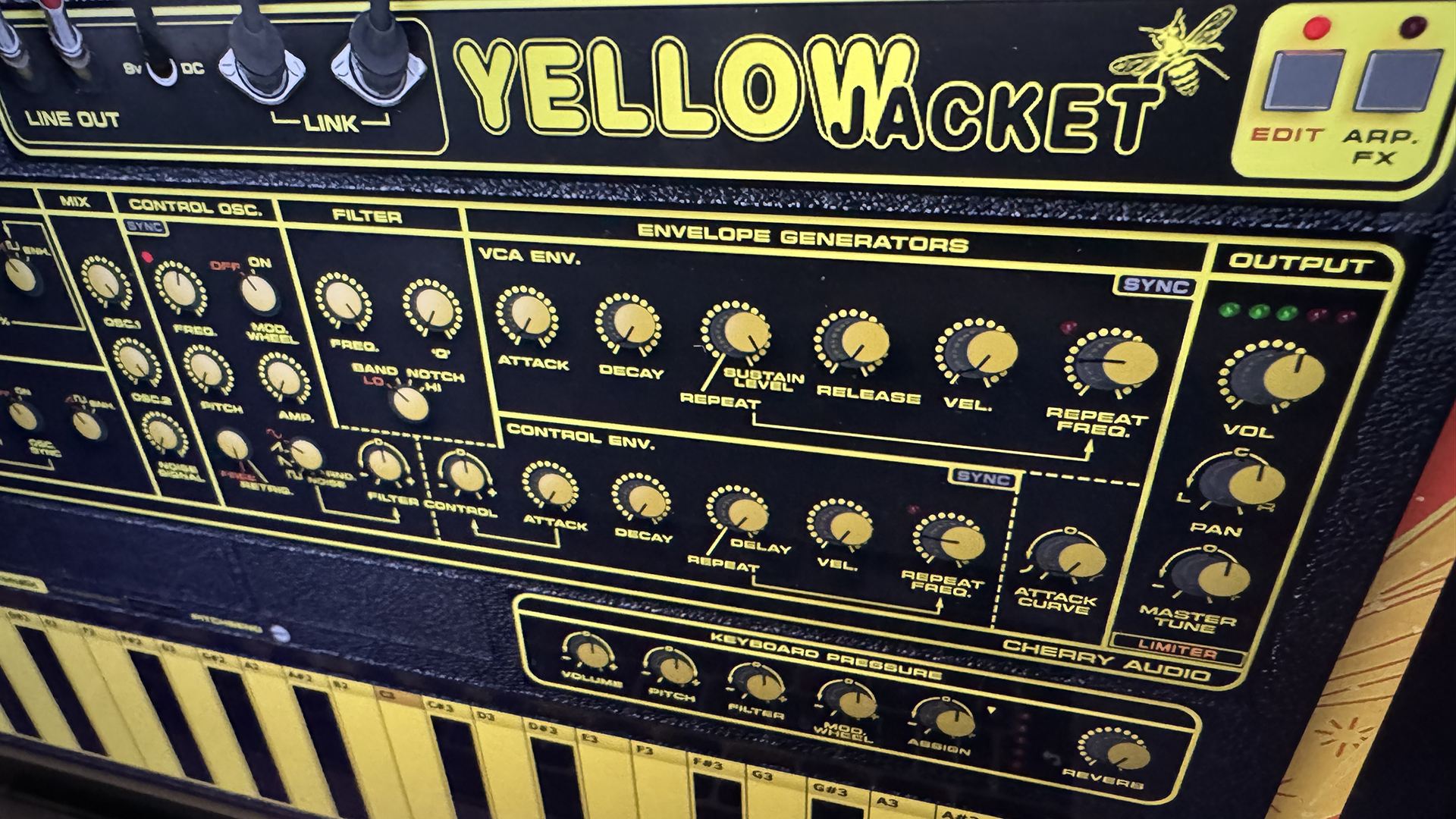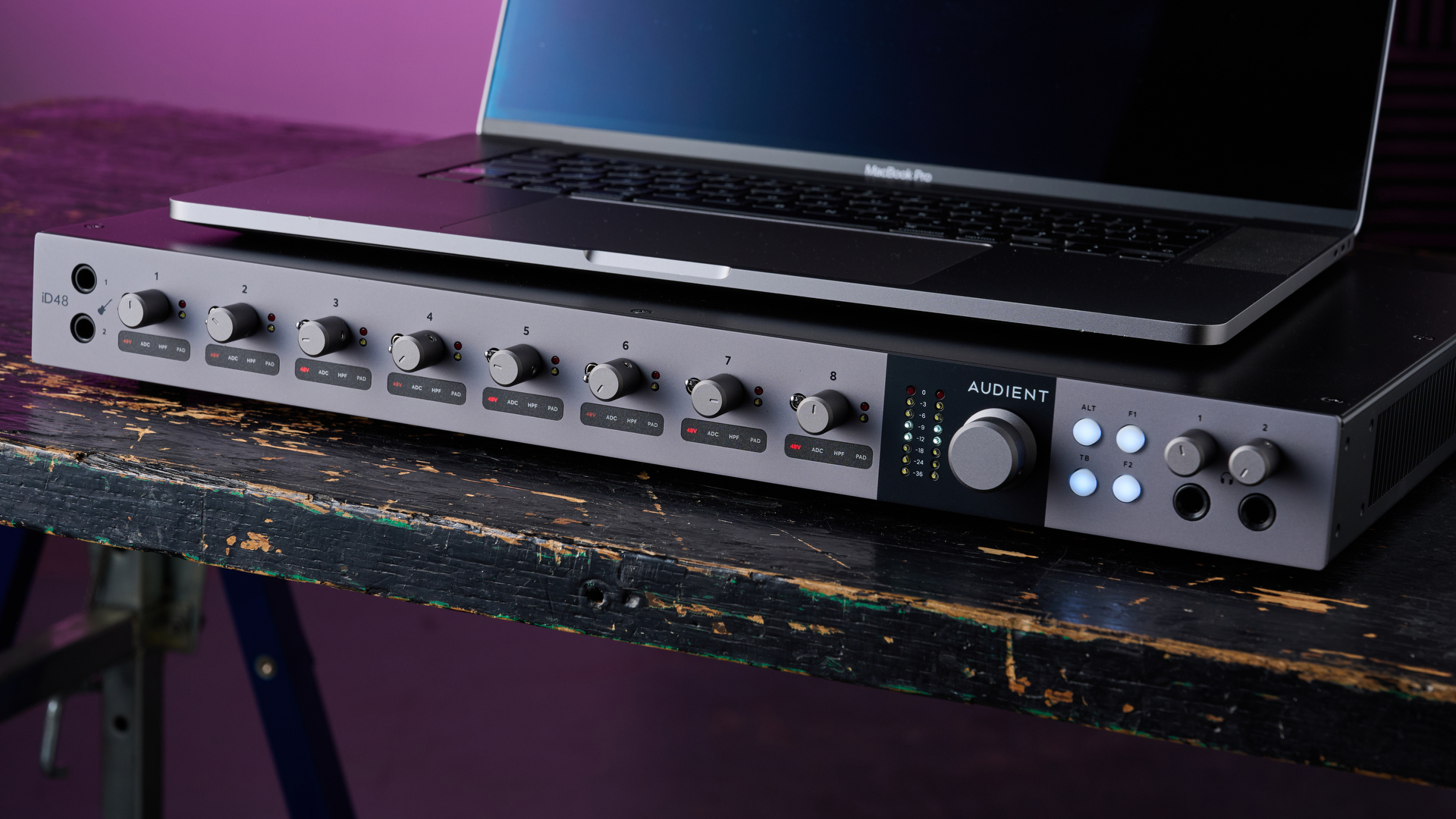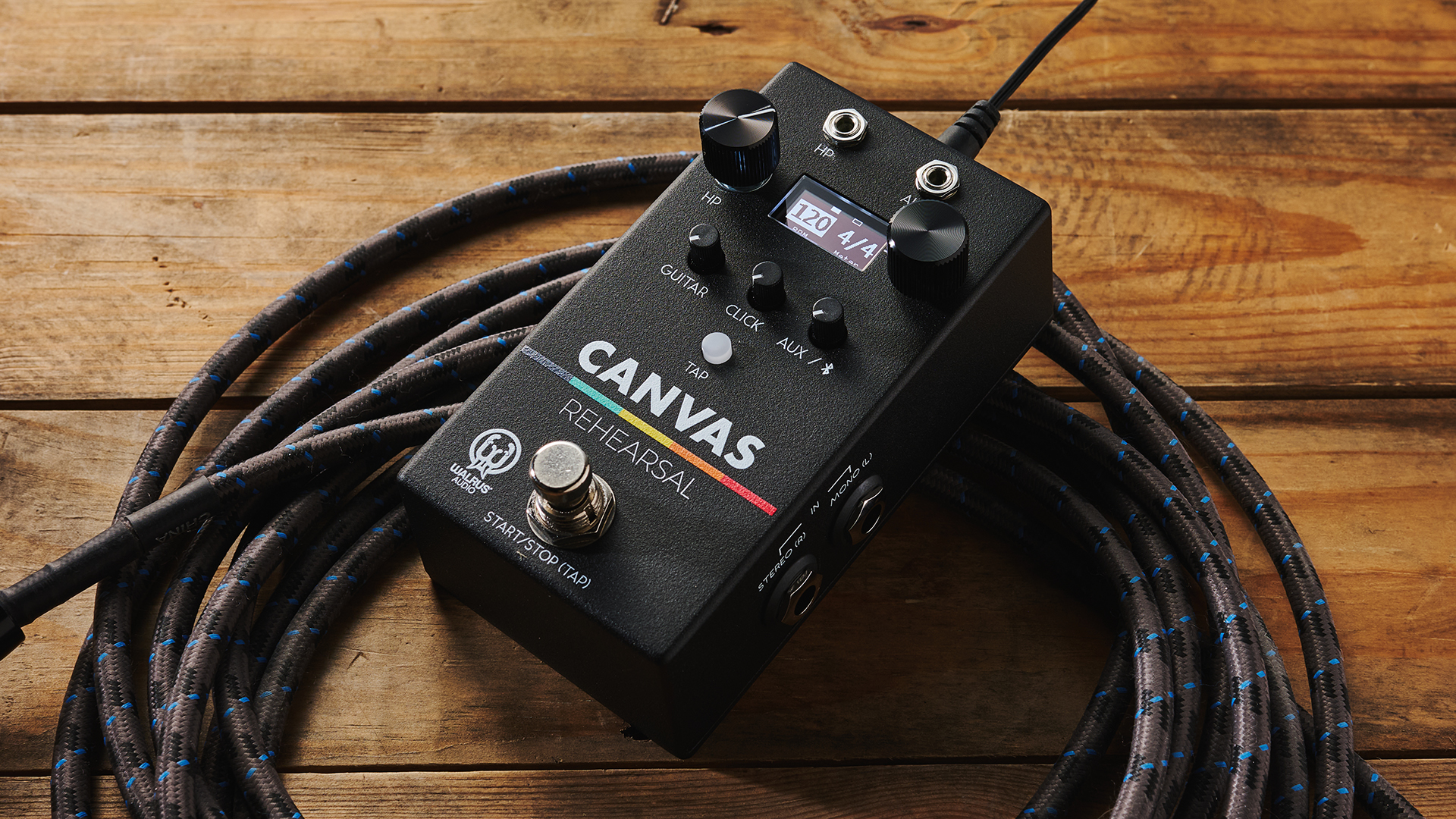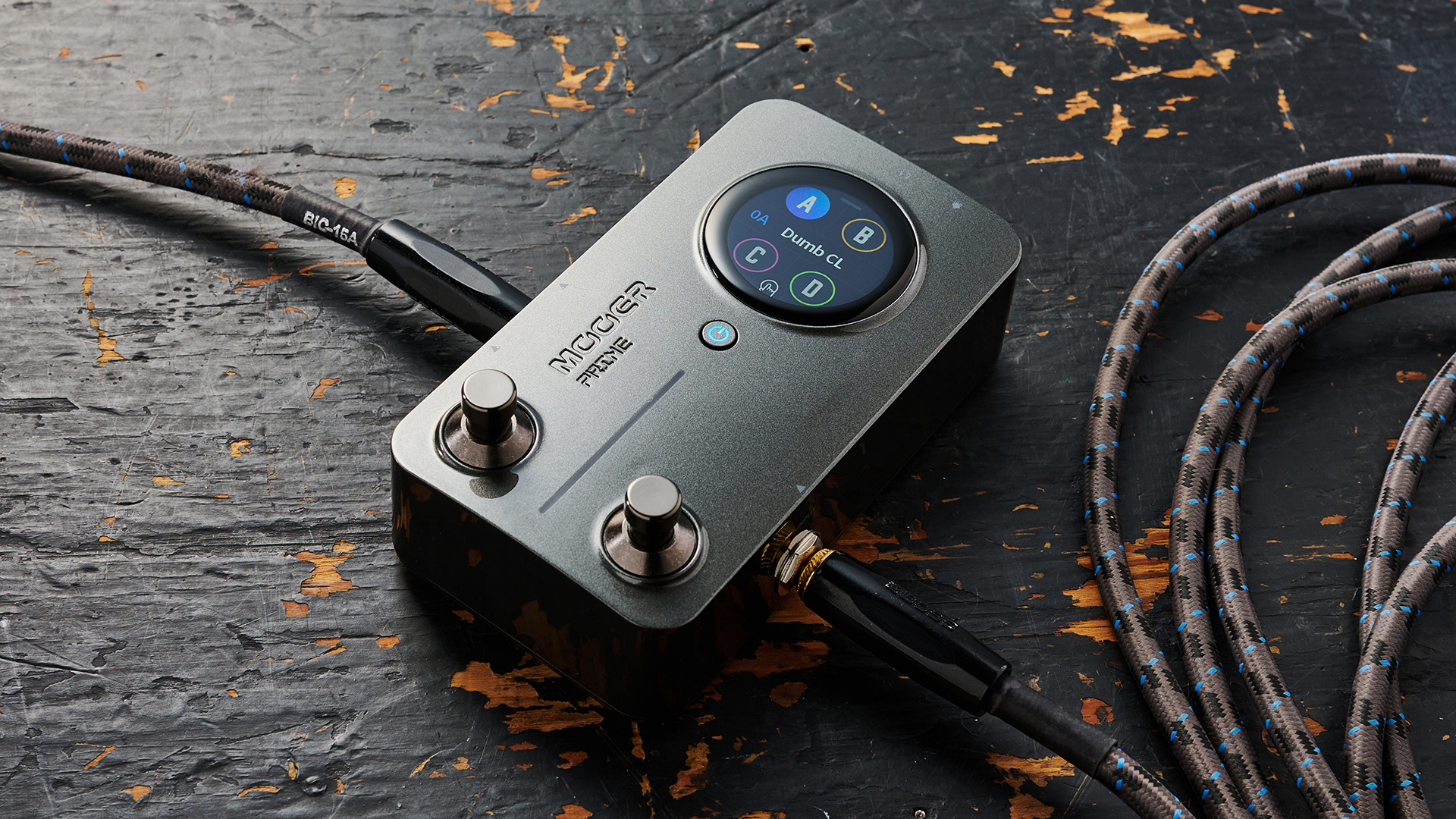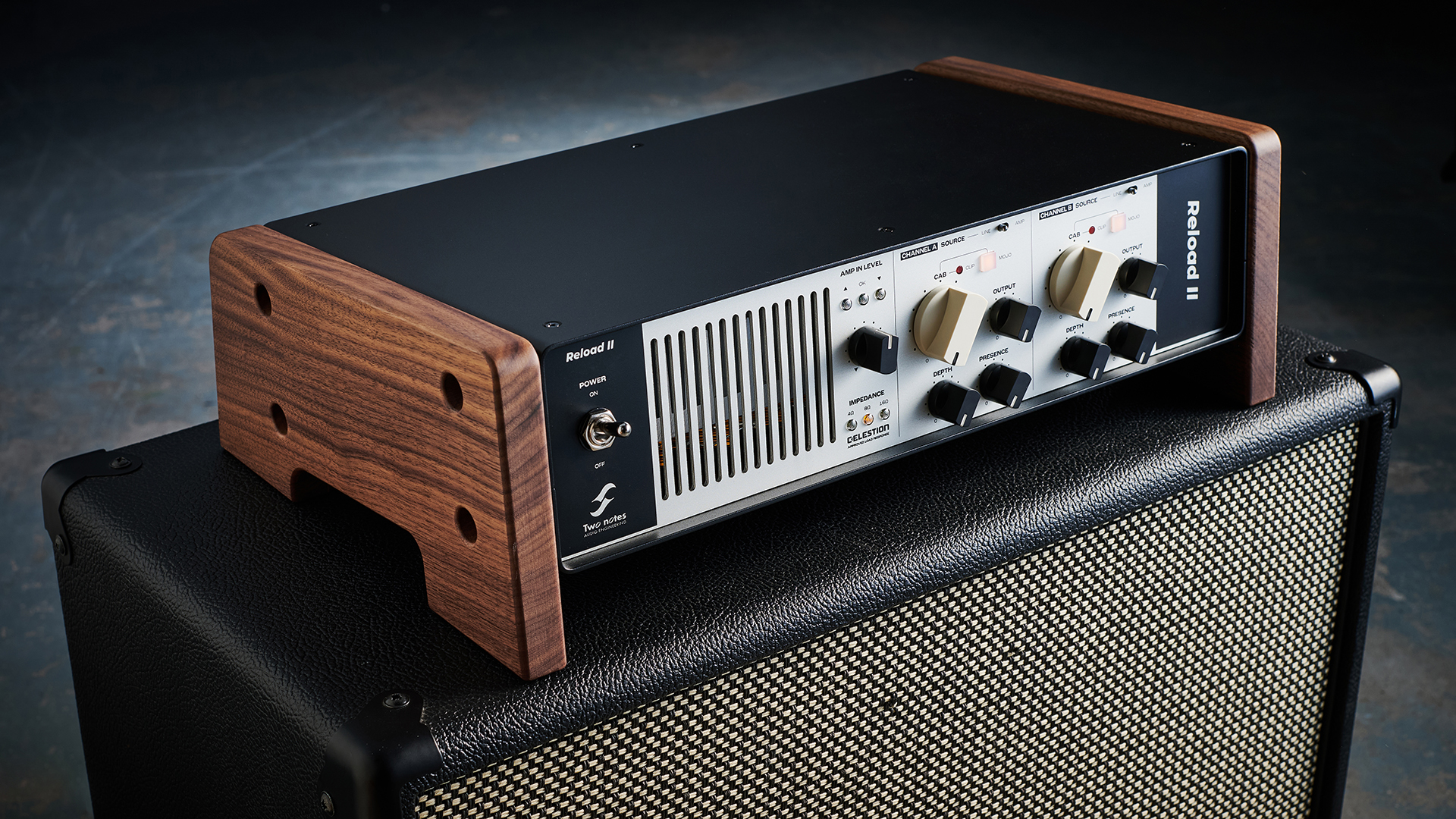MusicRadar Verdict
This guitar is quite a steal for the money. Bridge design aside, its further evidence that Harley Benton is serious about redefining electric guitar value at this end of the market and its SC-Junior proves the power of classic simplicity.
Pros
- +
A classic-looking mahogany single cut design for a bargain price
- +
Good playability
- +
P-90 diversity aided by effective pots
- +
Lightweight
- +
A Solid platform for upgrading
Cons
- -
The bridge's higher profile design doesn't get the best from the pickup
MusicRadar's got your back
What is it?
Harley Benton already has form for defying our affordable electric guitar expectations when we tested its Fusion-II and SC-550, but here the price is lower than either of those instruments.
It’s undeniable where the SC-Junior is drawing its influence from; Gibson’s 1954 entry-level one-pickup Les Paul that has become a beloved guitar by some for what others will perceive as its limitations. It is a guitar design often misunderstood as ‘simple’ and even Gibson didn’t reissue its single cut Junior for long periods in the last 50 years.
It turns out Harley Benton is serious about its Junior range; as well as this SC model in Black, Sunburst and a limited Silver Sparkle with one Roswell (another Thomann brand like Harley Benton) P90D single-coil pickup, there’s the wider Double Cut design. The DC-Junior is available in the similarly -spec’d standard and also a FAT variation; with a chunkier 50s-style neck and stacked P90D humbucker that can be split.
But our hearts still remain with that original single cut blueprint and here we a’re looking at the black finish here – oddly, even Epiphone don’t currently offer a Les Paul Junior in black, and vintage Gibson examples are predominantly sunburst.
Beginners' guitar, an ideal project for upgrading… or a guitar playing above its price point? Let’s find out.
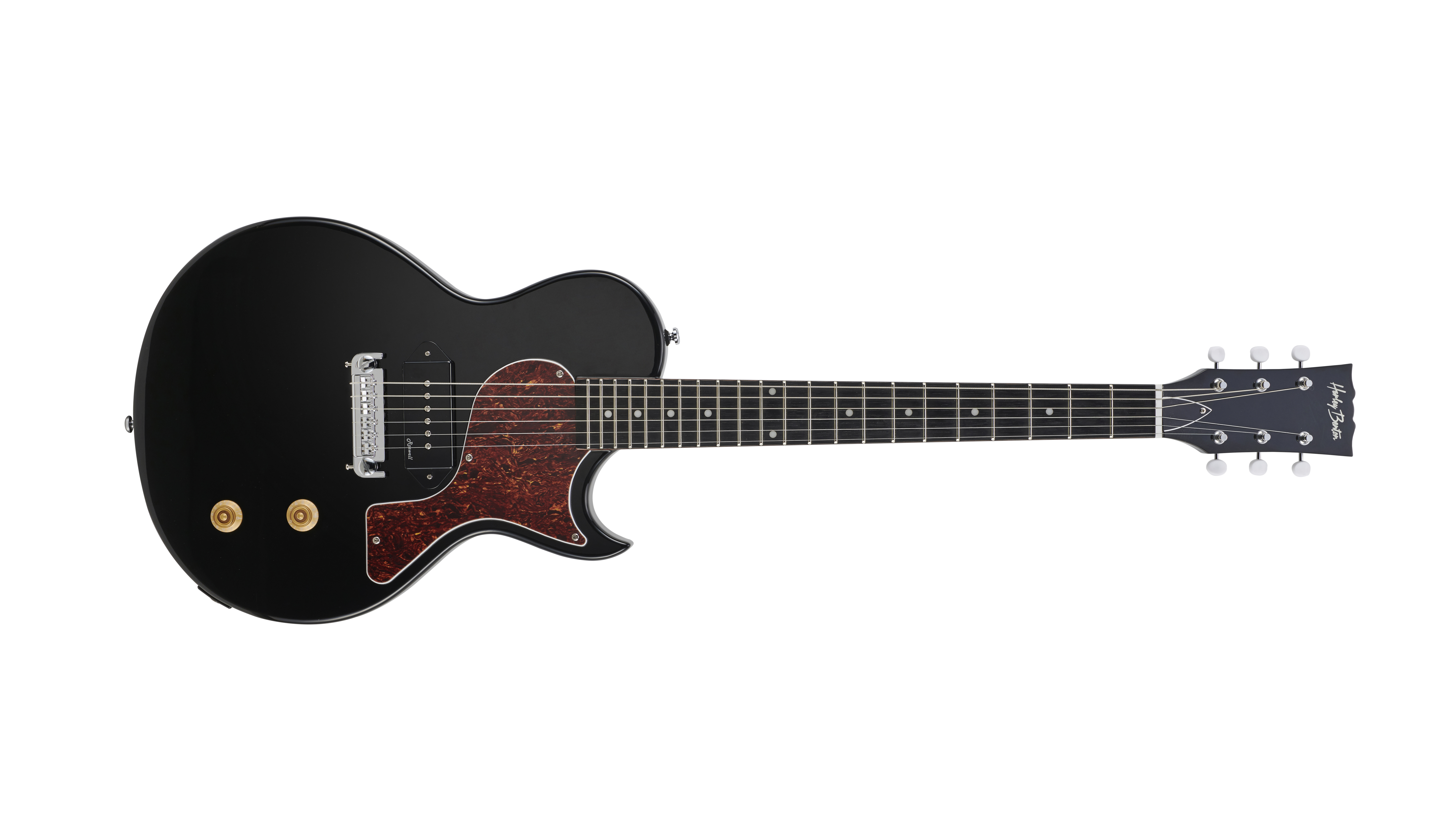
The fretboard here is amaranth rather than rosewood or ebony – it’s also known as purpleheart
Harley Benton’s Junior is notably sharper in horn but at 1.69”, is around some 1950s Gibson originals. A single P-90 with tone and volume control, mahogany body and neck with 24.7” scale are the other calling cards to be found here.
Junior-style mahogany guitars traditionally weigh in significantly less that the 9lb mark double pickup, maple-capped Les Pauls often come in around. We’re pleased to see this guitar weighs in at a comfortable 6.8lbs. But it's worth noting the same models of guitar can always vary because the nature of wood density used in guitar manufacturing is not an exact science.
The fretboard here is amaranth rather than rosewood or ebony – it’s also known as purpleheart. As is common it’s been dyed a darker hue here (you can see its lighter shade on the ‘board edges). It certainly feels akin to ebony's smoothness under the fingers.
There’s a couple of areas on one side where the dye seems to have overlapped a merged with the black gloss, but the much better news is the fretwork is good here; no sharp edges and they look polished. The neck profile here is the slimmer 60s style rather than the clubbier type of vintage Juniors.
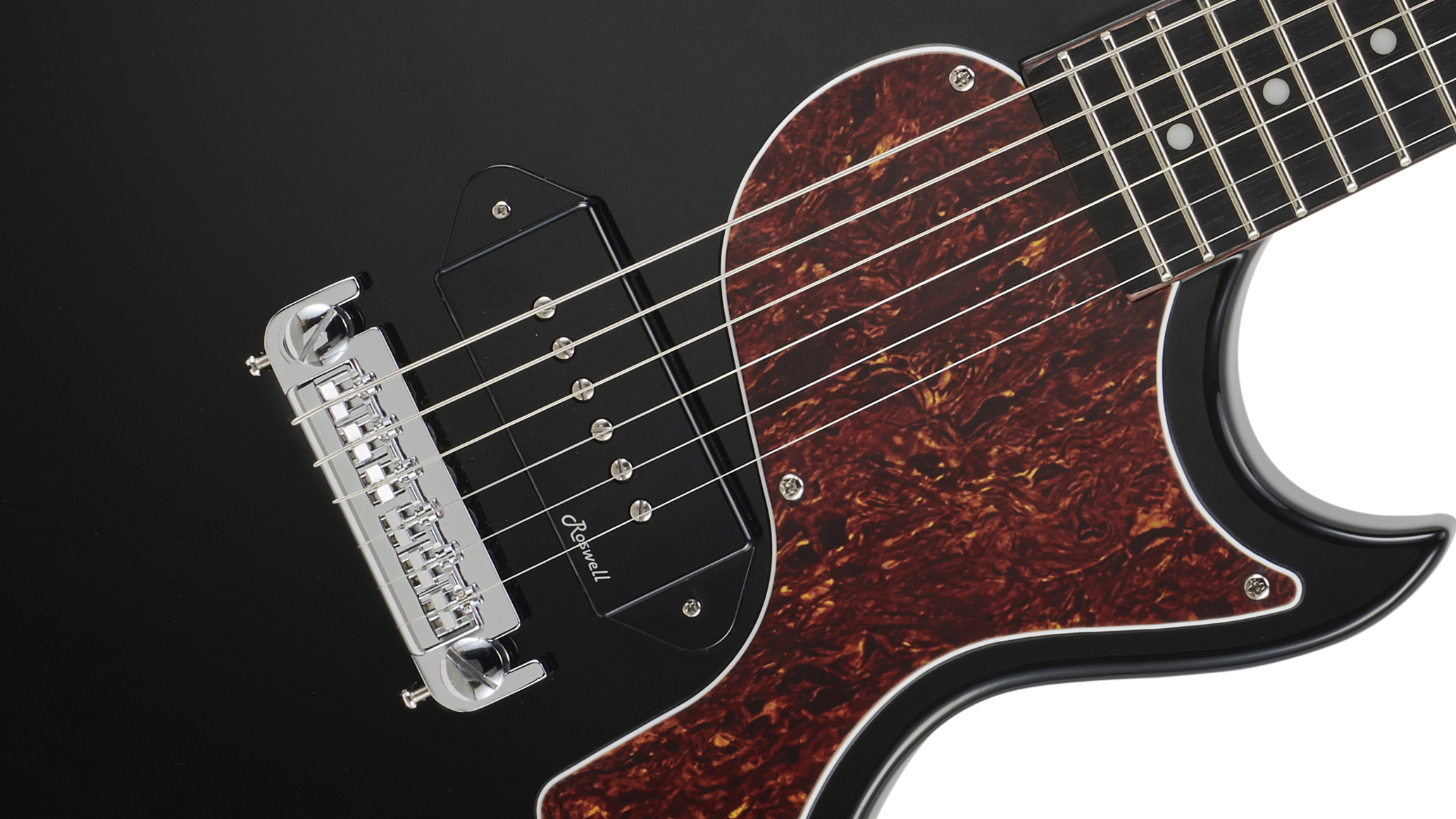
You certainly won’t find an angled neck heel like this on Gibson’s Junior guitars
The SC-Junior features some interesting design features that prove to be very welcome; you certainly won’t find an angled neck heel like this on Gibson’s Junior guitars and here it offer tangibly improved upper fret access.
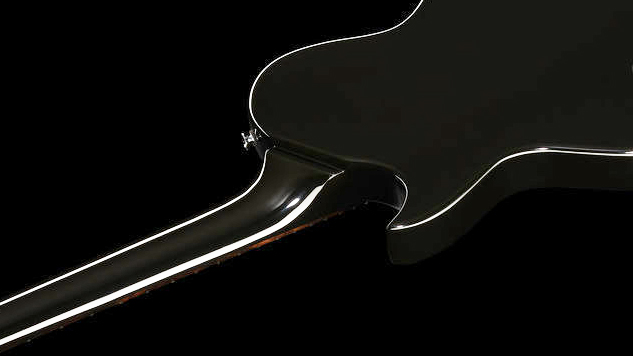
The bridge is another break with tradition; rather than the Lightning-style bridge that offers no saddle adjustment for setting intonation, there’s adjustable saddles here with the WSC wrap around bridge, though admittedly they don’t have as much scope for travel as most we’re used to.
But moreover, as we discover later, another feature of this bridge’s design proves to be a small fly in the ointment.
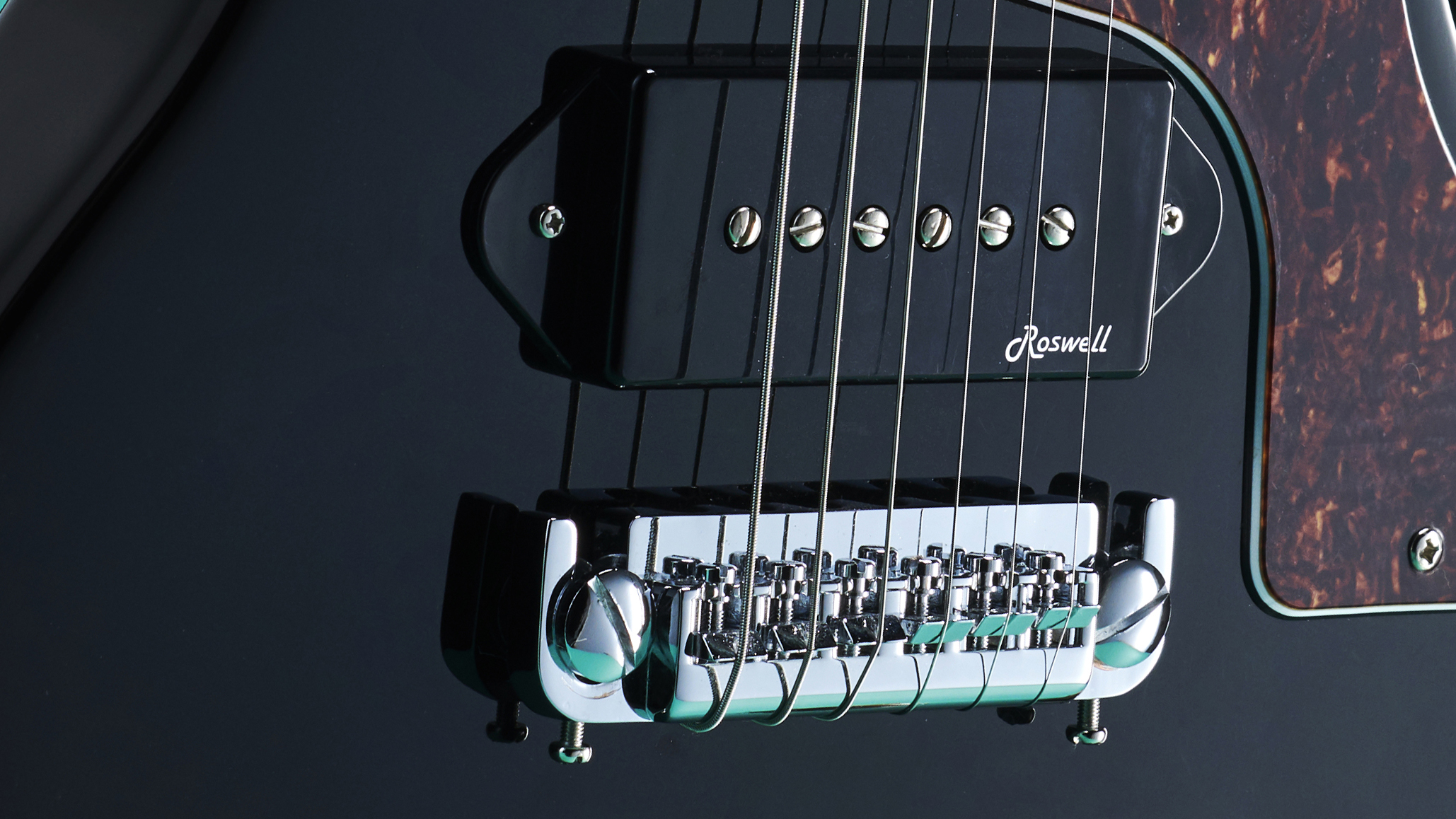
In embracing the simplicity of a single cut’s guitar one-pickup aesthetic, the SC-Junior really shines as a classic looker in the Harley Benton range
In embracing the simplicity of a single cut’s guitar one-pickup aesthetic, the SC-Junior really shines as a classic looker in the Harley Benton range. We love the contrast of the three-ply tortoiseshell with the black finish and that subtler, narrower headstock than Epiphone’s Junior offers. We can't deny we're getting Billie Joe Armstrong vibes from this guitar – and we'll take them!
So how picky can one be with a £179 guitar? Well we’d prefer if the tuner buttons and nut were vintage off-white rather than the bright white here, and the gloss poly is a little on thick side… yes, that is pretty picky.
Performance and Verdict
Our only significant bugbear with the SC-Junior comes into play with the aforementioned bridge. And don’t get us wrong, this guitar plays very well indeed – we actually found it hard to put down. After a truss rod tweak the neck proved surprisingly fast, and the guitar promisingly resonant unplugged.
The Roswell P90 here is a vintage output dogear pickup. Fixed to the body, you can’t raise the pickup beyond pole piece adjustment. And we point this out because we notice the bridge here holds the strings higher above the pickup than we'd expect, even if you adjust it to its lowest point, and that's if your action preference can take it. As a result the pickup won't sound as clear and responsive as it could do.
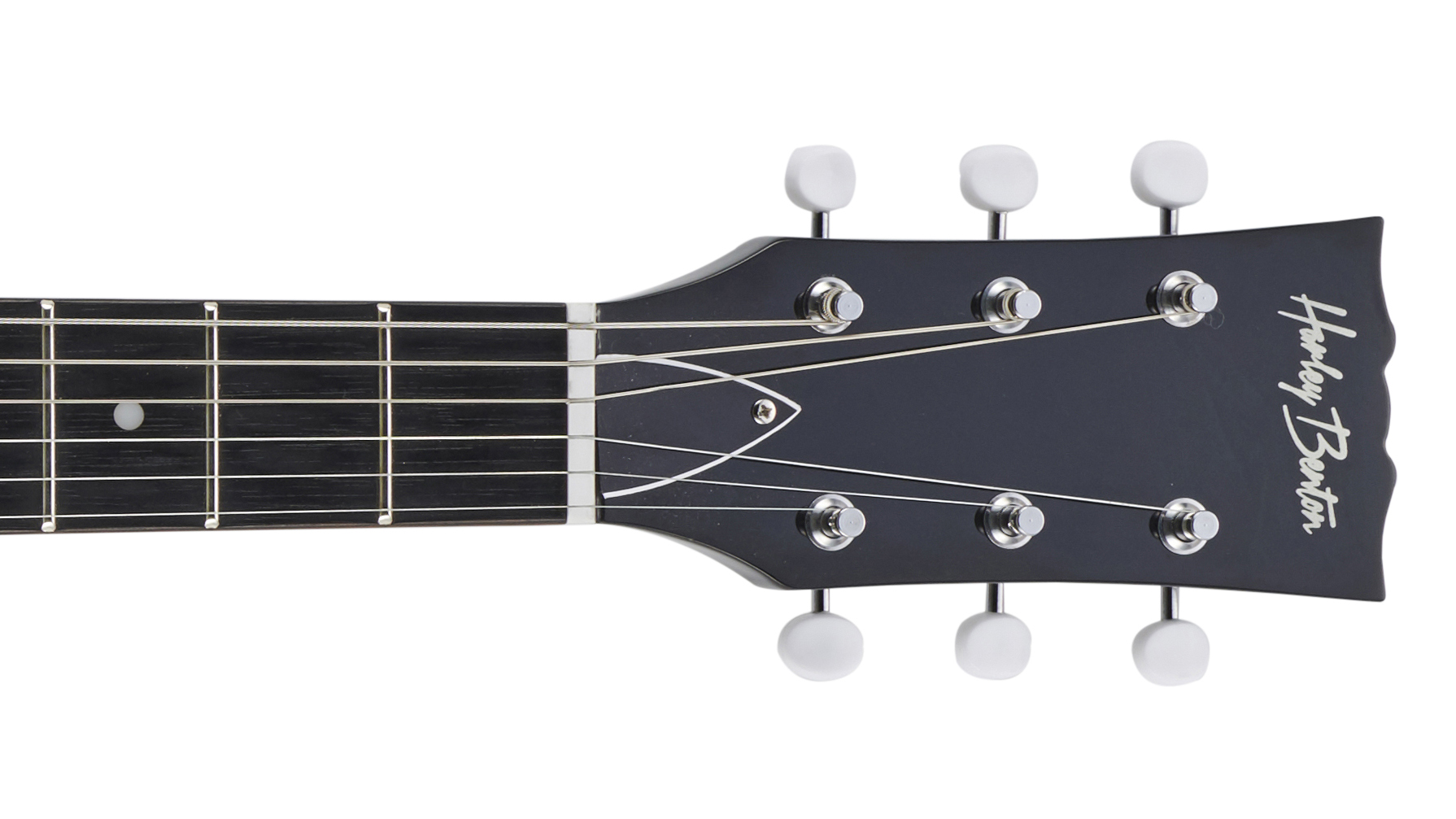
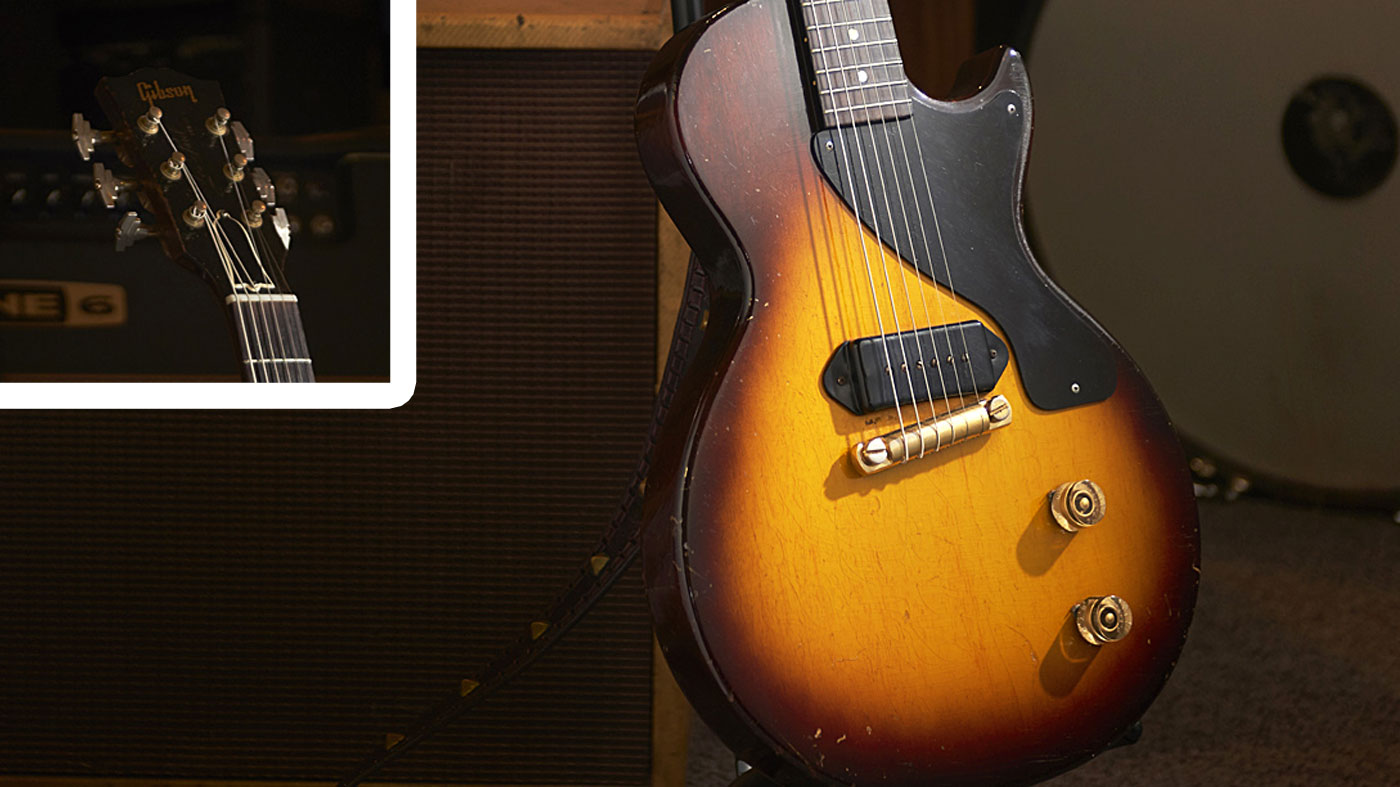
There’s three different ways to address this; raise the individual pole pieces, make or buy a P90 shim to place under the pickup and raise it (we do both of these and get positive results), or replace the bridge. Of course, this wouldn’t be an issue if Harley Benton used a different design.
At this price we’d imagine the cost margins on components that can be used before the price goes up become very narrow, but we still feel it’s a strange design choice and we’d rather pay more for a lower profile bridge. It is a pretty simple and affordable fix for the player though with some affordable aftermarket options out there.
You can really wring out sustain from the resonant mahogany construction and this proves a plucky blues machine
As it stands, even without raising it closer to the strings, this pickup is another pleasant discovery; imagine single-coil bite and humbucker beef. Yep it’s a P-90 alright, with a little of the classic fizz under drive too.
You can really wring out sustain from the resonant mahogany construction and this proves a plucky blues machine. Unsurprisingly, the Roswell is not as harmonically nuanced and rich in the low end as the higher output Gibson P-90 but that pickup alone will cost you half the price of this whole guitar.
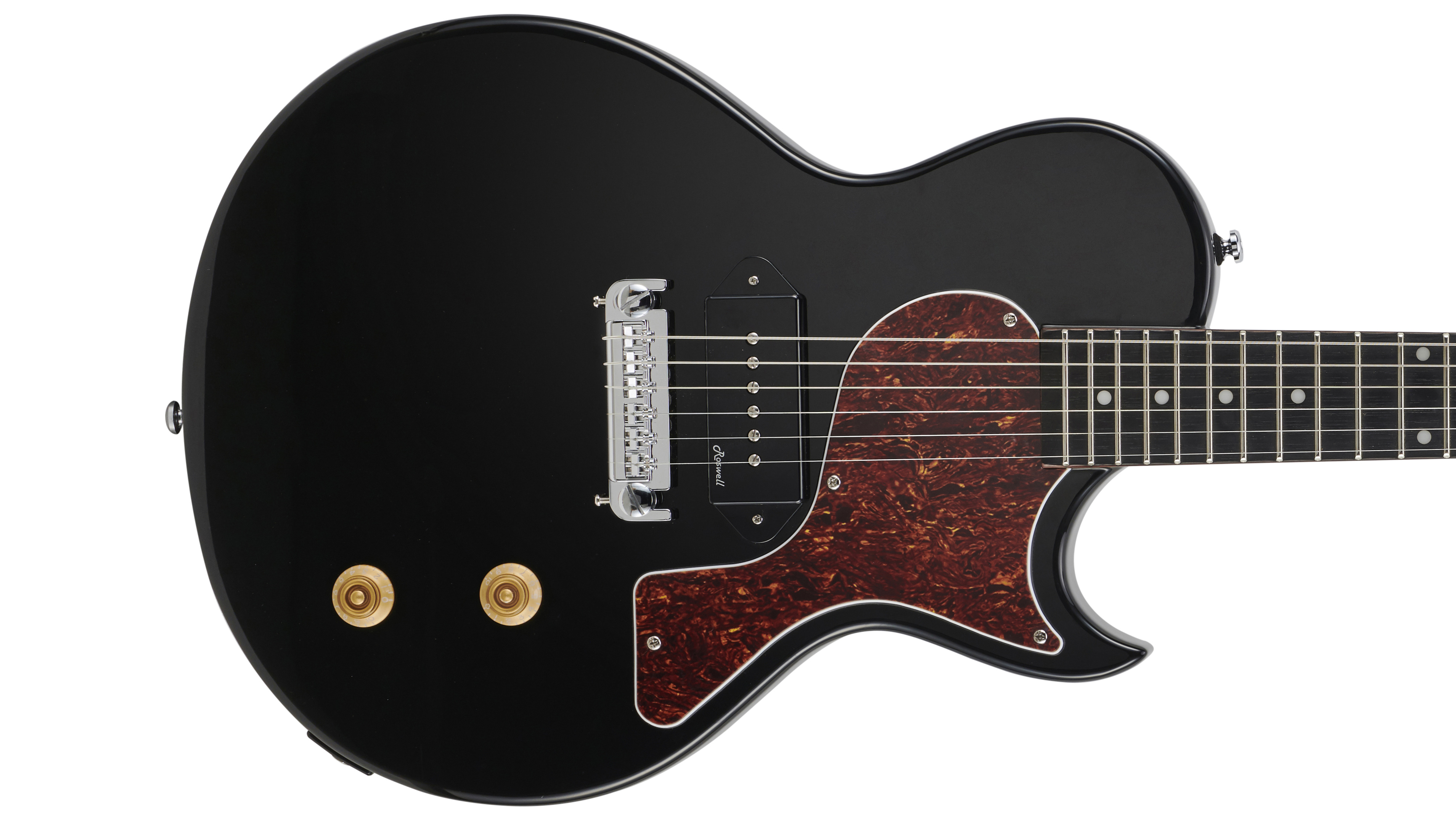
Without the luxury of a neck pickup, you can find a new freedom from limitation
The really interesting feature of a single P-90 guitar is how it can change not only the way you play, but how you approach the controls. Even players who are averse to the tone knob can find themselves frequently altering it mid-song as it can prove to be a highly effective asset. Without the luxury of a neck pickup, you can find a new freedom from limitation. And fortunately, the 500k Alpha pots here really help you embrace that.
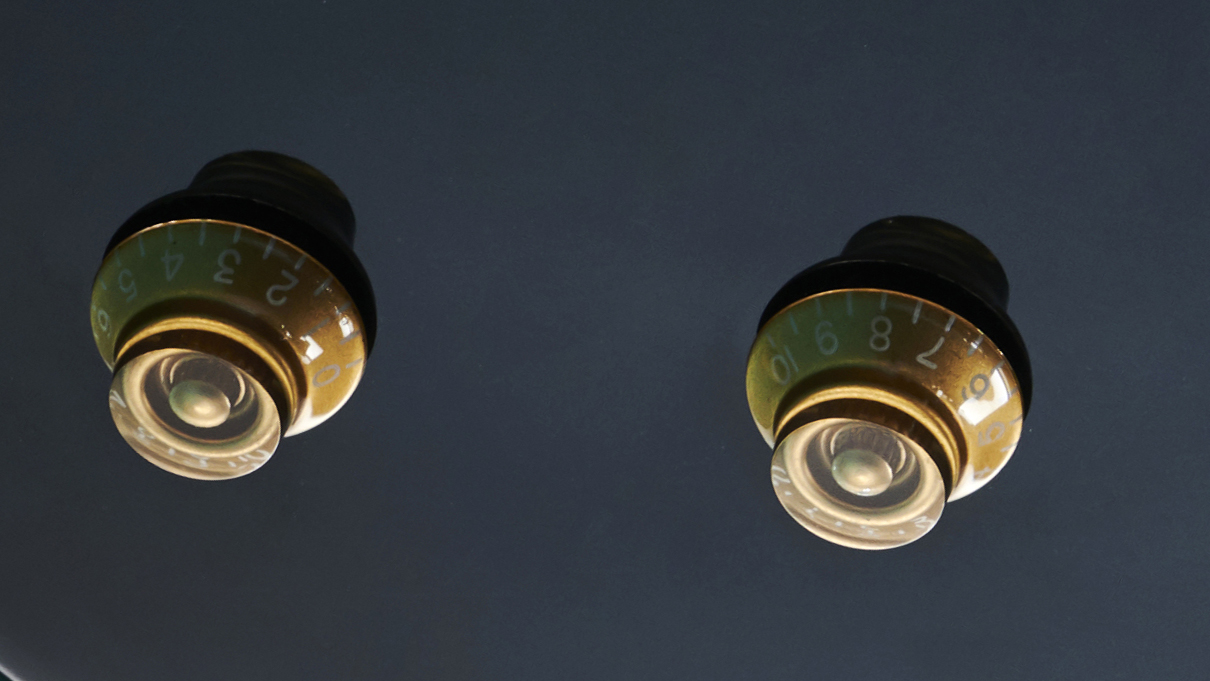
Tone and volume cover a wide spectrum; clean up with the volume from a medium drive tone and you don’t need to touch a pedal. Take both controls down to around four and you can try the famed Junior piezo-esque strum tone. We’ve tried to replicate it on our humbucker SG and it just isn’t the same.
Need jazzier tones or just to wind some of that bite back? The tone control here is surprisingly responsive for a guitar of this price. The basics add up to quite a lot.
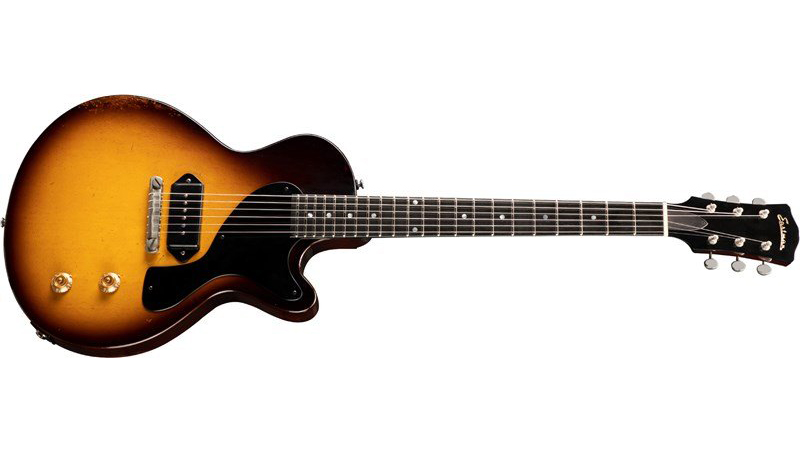
• Eastman SB55/v
A high-end Chinese-built take on the Gibson Junior with an Antique finish, aged hardware and Lollar P-90… but it costs considerably more than our test guitar.
• Gibson Les Paul Junior Satin
Launched in 2010 and now discontinued, this more affordable Gibson is worth tracking down if you can find one out there used.
• Gordon Smith GS1 Heritage
The revival of this British-made brand was very welcome and this P-90 double cut model is further proof of why.
Junior-style guitars have often been pegged as raucous rock n’ roll throwabouts, but our experiences here remind us they can be far more versatile than that if you change your traditional two-pickup approach. The clarity retained when dialling down the volume control here is a great showcase of that.
So yes, we’d replace the bridge, and we’ve seen good aftermarket contenders for around £15 online so it’s not a huge issue or job, but we’d also like Harley Benton to take note. Because its Roswell pickup here deserves better.
For the price, the SC- Junior might be something you’d feel more confident making your own than a guitar that cost you more– perhaps a P-90 pickup more in line with your tastes from one of the many fine makers out there, a Tusq nut or a 50s wiring loom.
But you don’t necessarily need to. There's plenty of fun and quality to be found here out of the box, at a price that will welcome those who have been hesitant about trying this kind of one-pickup guitar before.
MusicRadar verdict: This guitar is quite a steal for the money. Bridge design aside, its further evidence that Harley Benton is serious about redefining electric guitar value at this end of the market and its SC-Junior proves the power of classic simplicity.
Hands-on demos
Harley Benton
Toby's Guitar Gear demos
Cory Mura
Basement Gas
Harley Benton
Agufish
Landon Bailey
In The Blues
Specifications
- ORIGIN: Indonesia
- TYPE: 22-fret electric guitar
- BODY: Mahogany
- NECK: Mahogany (set)
- SCALE LENGTH: 628mm (24.7”)
- TUNERS: Vintage-syle Wilkinson 15:1 gear ratio
- FRETBOARD: Amaranth, 305mm (12”) radius
- FRETS: 22, medium jumbo
- NUT: 43mm, graphite
- BRIDGE: WSC wrap around with adjustable saddles
- CONTROLS: 1 x volume and 1 x tone
- PICKUPS: Roswell P90D Alnico-5 dog ear single coil
- WEIGHT (kg/lb): 3.08/6.8
- OPTIONS: Harley Benton DC double cut available in standard and FAT interactions (latter has a '50s neck profile and stacked P90D humbucker with coil split)
- LEFT-HANDERS: Yes (Vintage Sunburst only)
- FINISH: Black (reviewed), Vintage Sunburst, Silver Sparkle
- CONTACT: Harley Benton
- More of the best electric guitars under $/£500
MusicRadar is the number one website for music-makers of all kinds, be they guitarists, drummers, keyboard players, DJs or producers...
- GEAR: We help musicians find the best gear with top-ranking gear round-ups and high-quality, authoritative reviews by a wide team of highly experienced experts.
- TIPS: We also provide tuition, from bite-sized tips to advanced work-outs and guidance from recognised musicians and stars.
- STARS: We talk to musicians and stars about their creative processes, and the nuts and bolts of their gear and technique. We give fans an insight into the craft of music-making that no other music website can.
“We tried to capture the heart of what a Gibson Custom guitar is, and I think we really have done it”: Epiphone expands and upgrades its flagship Gibson Custom collab with eight stunning vintage-inspired electrics
“It's probably my Behringer Model D monosynth. So simple and obviously cheap, but it’s just so versatile. I’ve used it on basically every track that I’ve created”: 10 producers share the tech they can’t live without
“No one noticed that half the playlist was AI-created, and a few even preferred the AI tracks”: Should today’s music-makers and producers fear AI - or embrace its inevitability?
